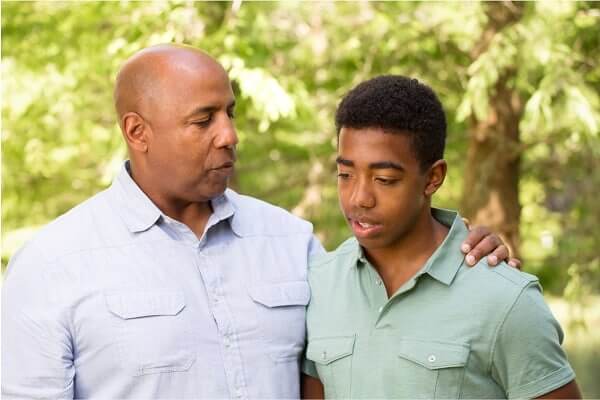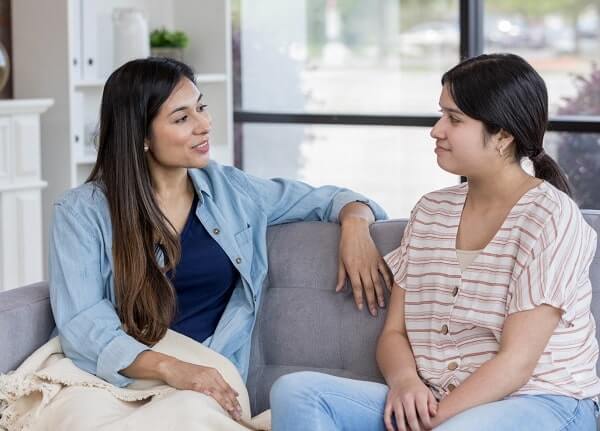In education, parenting and in business, an assumption is made that if a person has not been heard from, then they are okay. We generally assume that silence equates to all being fine. This may be true when adults are silent – depending on context. However, with respect to children aged 12 to 18, such an assumption can be highly problematic.
In school, it’s the teacher’s role to ensure the students are learning. Primary school teachers will take on this responsibility because, as would be obvious, young children are more dependent and oftentimes require more structure. Young children learn most curriculum work best with less autonomy.
However, as children move into adolescence and engage in secondary education, the locus of control shifts from the educator in the direction of the student. Parents too experience this shift. This change in locus comes at a time when children are most vulnerable. At this time, if the kids go quiet or withdraw, parents and teachers may tend to default to an assumption that silence is tantamount to everything being fine.
However, who does this assumption serve?
In my experience, parents and teachers who do not reach out when kids go quiet, when they have identified that a student or their child has been silent for a long time, are erring. The effect of this vacuum over time can make a child feel isolated, lonely, unknown, and devalued.
The assumption that silence equates to being okay, means that the adult does not need to make an effort. The effort in this case must be driven by the youngster. In navigating a complicated and changing world, the inner dialogue of young people is not always rational and can sometimes be circular. If feeling neglected or abandoned enters this, then they fall into a spiral that leads to depression, anxiety, and distance from everything.
So, adults need to ask themselves the following question:
“Do I ever assume that silence means the kids are okay?”
Since the advent of the coronavirus and the great discontinuity suffered by students in their education and their home life, there is an even greater need for closeness between people. There is an even greater need for adults and educators to be empathic and active in their care and protection of young people.
To be active means to make an effort.
To be active means to be proactive.
To be active means that when the kids go quiet and there is silence, that silence is entered into by the adult.
This may take any the following forms:
“I haven’t heard from you for a while – how’s everything going?”
Or it may be this: “I love it when you speak up. What’s been on your mind?”
Or “I really value what you have to say, and I haven’t heard anything from you – what’s your view?”
It can also take a form like this: “It worries me when you’re silent and I feel as though I should have been more active in reaching out to you. How’s everything going?”

These sorts of statements can validate a young person’s experience and that their feelings of estrangement, isolation, singularity or being far behind others, are not unknown. It can make them feel as though people around them are interested and that they are worthy.
It can also be the start of a conversation that establishes new ways of behaving at a time when it may be hard for both parties – adults and young people – to know exactly what to do and how.
When I hear educators or parents say, “If I haven’t heard from them, I assume they are okay”, I often wonder why they have this assumption.
Is it because to ask would feel as though it’s overly controlling? Is it because in a society where individualism is highly valued, to reach out implies a person isn’t individual enough? Or is it simply because there is a default to what is easiest?
To me this seems lazy and selfish.
In human relationships, effort equates to understanding the effect of silence on those who may be vulnerable. In negotiating change, educators and parents may feel the vulnerability of those affected by the void. This may encourage greater activity and follow up.
READ ALSO: Building resilience in students: A guide for teachers and parents





